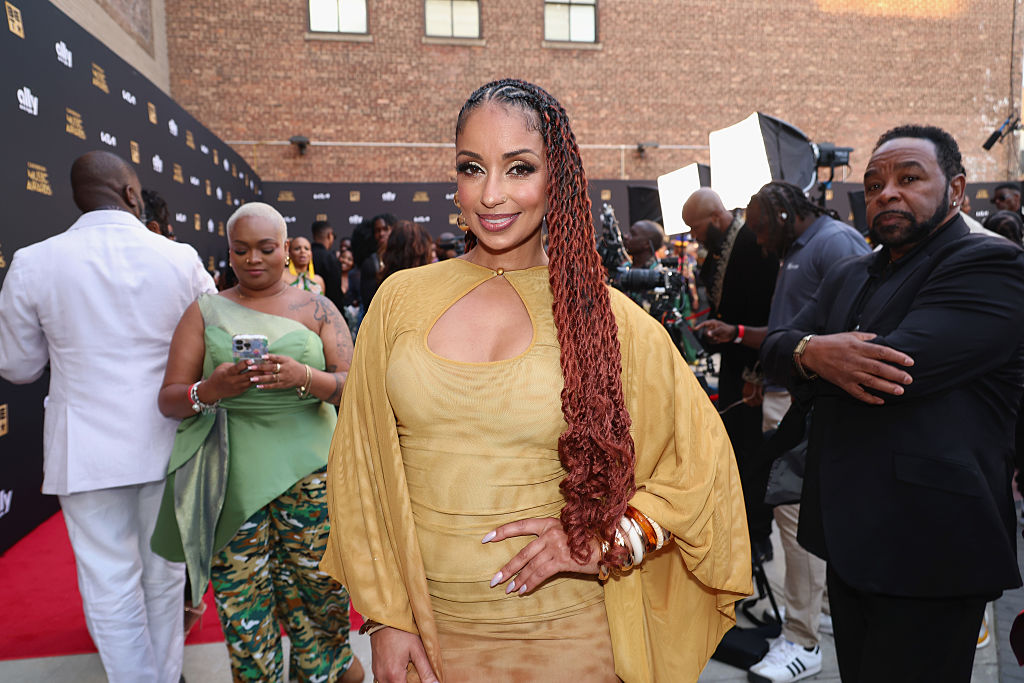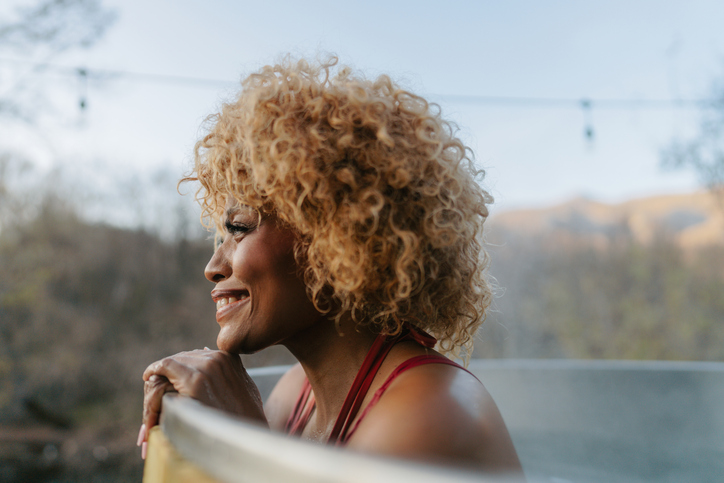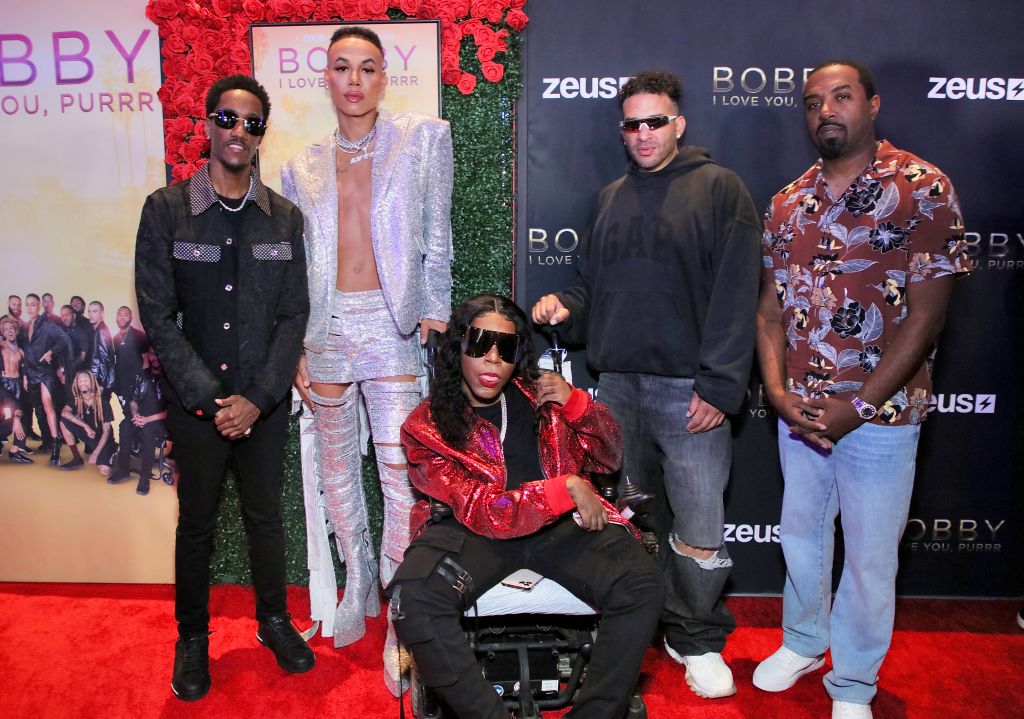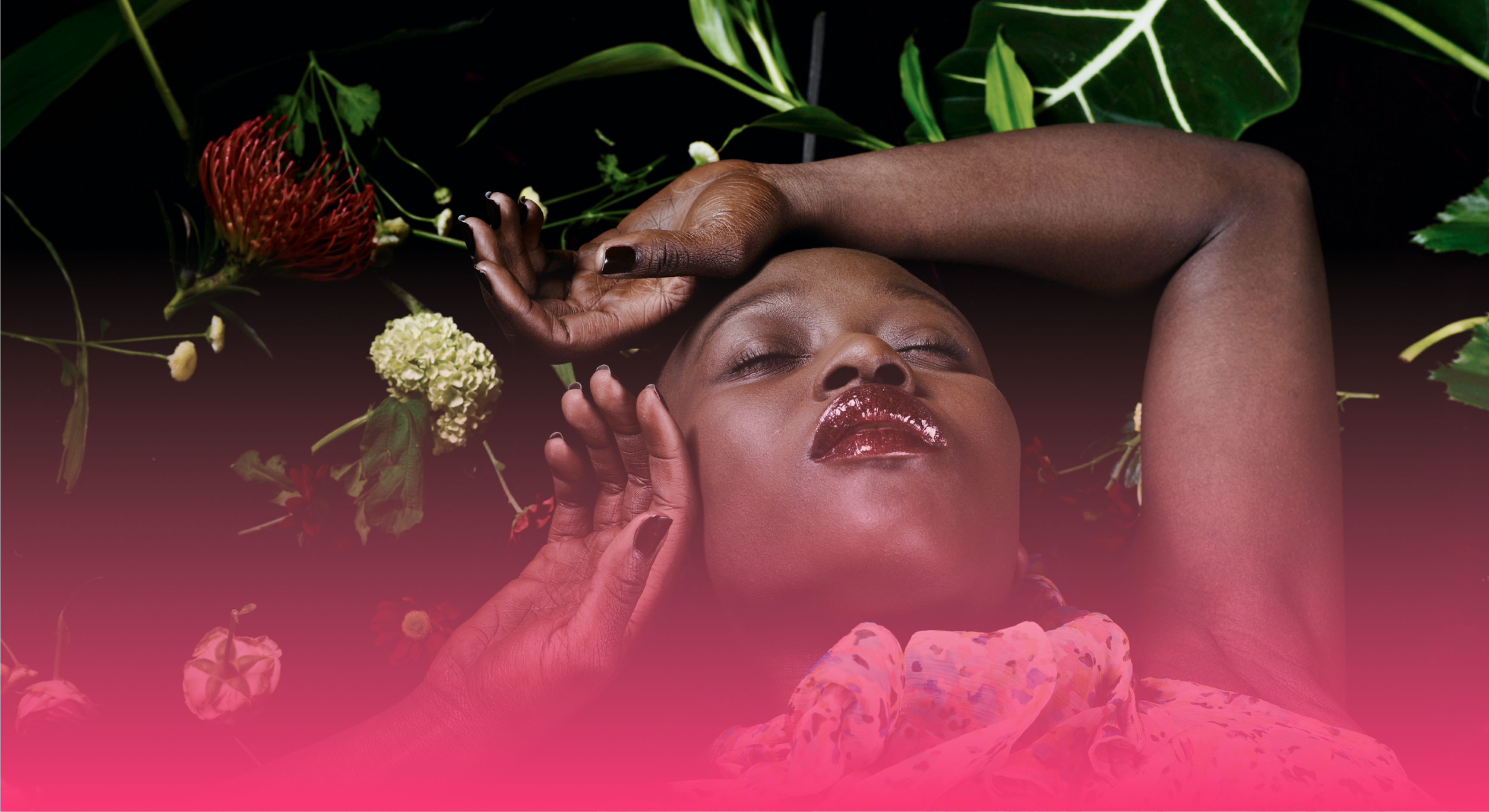HBCU Skincare Routines For Managing Atopic Dermatitis
3 HBCU Students Share Their Skincare Routines For Managing Atopic Dermatitis
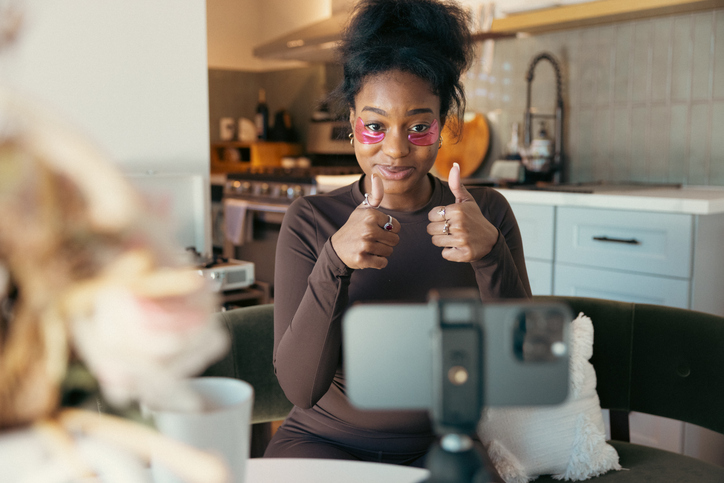
Those that know, know: Atopic dermatitis, otherwise known as eczema, is no walk in the park—especially for Black folks. According to the National Eczema Association, African Americans are more likely to be diagnosed with the ailment, and symptoms tend to first appear during childhood.
About 19.3% of Black children in the United States experience atopic dermatitis, in comparison to 16.1% of white children. And while in some cases, eczema can resolve itself in time, it’s largely considered to be a chronic condition with a myriad of unpleasant symptoms.
From inflamed itchy rashes, which can range from red, to purple, to grey depending on your skin tone, dryness, flaking skin, and sometimes even blisters, you’d think it would be hard to still experience your HBCU college glow up during an eczema flare-up. But these three students would beg to differ. While dealing with the condition may not be easy, they all agree it’s not only taught them how to be meticulous with their beauty regimen, but also how to be gentle with themselves, and truly lean into unabashed self-love.
Micah Pryor, Sophomore at Howard University
“I was formally diagnosed with eczema when I was around four-years-old. In addition to regular atopic dermatitis, I was also diagnosed with pityriasis alba, which causes lighter patches of skin, especially on my face. It’s something I’ve been managing pretty much my entire life. So I’ve been seeing a dermatologist since I was a kid to develop a skin care routine, and I’ve continued to adjust it based on their guidance and what I’ve learned works best for me.
My routine has definitely evolved over the years. When I was younger, I relied heavily on prescription steroid creams to manage flare-ups. Over time, I learned the importance of maintenance and daily care rather than just reacting when my skin got bad. In fact, one of my biggest mistakes was not listening to my skin—I’d still use scented lotions or body washes, even though they irritated me.
My current routine is all about keeping my skin moisturized and avoiding triggers. I have to be super mindful of ingredients—fragrance, alcohol, or anything harsh is usually a no-go. I tend to go for more minimal or skin-friendly beauty routines now, and I focus more on skincare than makeup, because I want to maintain a healthy skin barrier first and foremost. I use petroleum jelly products as a daily moisturizer, especially after showers, to lock in hydration. For any flare-ups or dry patches, I use one-percent hydrocortisone cream. I also make sure to use gentle, fragrance-free body washes and detergents to avoid irritation.
I think people underestimate how much skin conditions can affect your confidence, especially when you’re younger. But with time, I’ve learned that managing eczema is part of taking care of myself holistically—mentally, emotionally, and physically. It has taught me that self-care is not optional—it’s essential. Taking care of my skin is one way I show love to myself. I’ve learned to be patient with my body and to listen to it more closely. And honestly, it’s made me stronger, more in tune with my body, and taught me the importance of having empathy for others with chronic conditions.”
Sydni Chester, Senior at Bowie State University
“I was diagnosed with eczema when I was in middle school. My hands would break out really bad to the point my flesh would crack open. My mother took me to the dermatologist and that’s how I found out I had atopic dermatitis.
Eczema has definitely reshaped my beauty routine; it made me more intentional. When I have a bad flare-up, my dermatologist prescribes me a medicated ointment and I apply that when needed, but in general, I try to use more natural skin care products in my daily skincare routine. Now, I use raw African shea butter on my body everyday and it really helps heal my rashes and my skin. For my face, after cleansing, I reach for a discoloration correcting serum, along with a Niacinamide brightening toner to help even out my skin tone. But it’s been a journey. I’ve used so many products that have made my skin worse. I’ve had to learn over time that just because a product is expensive or popular doesn’t mean it will be good for my skin.
I’ve become someone who actually reads the label on these products, making sure everything I used was gentle, fragrance-free, and made for sensitive skin. It turned my routine into more of a ritual, one rooted in healing rather than just enhancement. There were times I used makeup to cover the scars and dark marks eczema left on my face, not because I was ashamed of them, but because I wanted to feel like myself again. Makeup became less about hiding and more about reclaiming my confidence. But I also had to learn balance. I couldn’t pile on products every day—my skin needed time to breathe and recover. Some days, I rocked a full beat, and other days, I went bare-faced with pride, reminding myself that beauty doesn’t have to be flawless to be real.
Having eczema has taught me that self-care isn’t just about spa days or pampering—it’s about being consistent, patient, and gentle with myself, especially when my body doesn’t look or feel how I want it to. It forced me to slow down and pay attention to what I’m putting in and on my body. I’ve learned how stress shows up on my skin, and so I’m now more in tune with my emotional well-being. It also taught me about self-love in a real way—not just loving myself when I’m glowing and confident, but also when I’m uncomfortable, irritated, or insecure. There were moments when I didn’t feel beautiful because of flare-ups or scars, but I had to learn to speak kindly to myself anyway. That kind of compassion builds strength.
Kailah Moorer, Senior at Florida A&M University
I was diagnosed with atopic dermatitis at the age of two. My parents noticed something was wrong when I was constantly scratching my face, ears, and neck as a baby. To keep me from making it worse, they put mittens and socks on my hands. Eventually, they took me to my primary care doctor, who diagnosed me with eczema. It’s a chronic issue for me, so I’ve been dealing with eczema on and off for about 19 years.
My eczema skincare routine has definitely evolved over the years. As a child, it was worse, and I was prescribed an ointment, which I used alongside a mix of an eczema-safe lotion and cocoa butter after every shower. Over time, that helped my skin heal. As an adult, the flare-ups are less frequent but seem to be triggered by stress, which I first noticed during my freshman year of college. Since then, I’ve also realized that beach sand can trigger it, too.
While it’s not easy to deal with, I’ve learned how important it is to listen to my body and pay attention to triggers so I can better manage the condition. This means, taking a shower and washing my skin immediately after leaving the beach and using a 0.1% triamcinolone acetonide ointment when my flare-ups get bad. After using that, my skin usually clears up within a day or two, and it really helps to prevent any bad scarring from the constant itching.
Since my eczema is mostly behind my legs and on my inner thighs, it hasn’t drastically changed my facial beauty routine, but it’s definitely influenced how I take care of my body. I’ve become more mindful of the products I use—especially laundry detergents, because certain ones can trigger flare-ups. But the silver lining is that having eczema has taught me so much about self-care and self-love. I’ve had to learn how to listen to my body more closely, stay consistent with my skincare, and be patient with myself during flare-ups. It’s taught me self-compassion and grace—especially on the days when my skin doesn’t look or feel its best. But most importantly, eczema reminded me that my worth isn’t based on my appearance—it’s about how well I take care of myself and how much love I show myself during these difficult moments.
Interviews have been edited and condensed for clarity.
- Megan Thee Stallion’s Copper Hair Is Absolutely ‘Bonita’ In New Instagram Post
- I Was Honored At The SuperMom Mission Gala With These Other Powerhouse Black Mothers
- Quinta Brunson Files For Divorce From Husband Kevin Jay Anik: Here’s What We Know
- Jonathan Majors Sheds Tears While Talking About He And Meagan Good’s Marriage
- Teyana Taylor Said What She Said, Claps Back At Divorce Commentary















